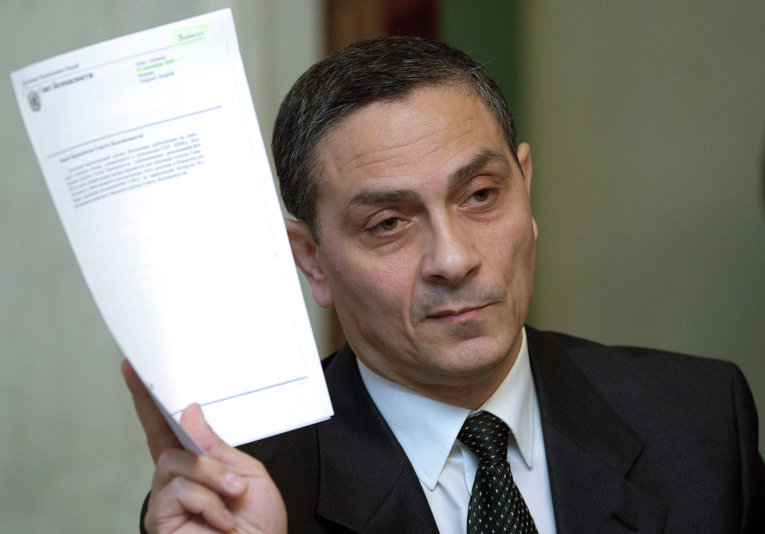MOSCOW, November 25 (RAPSI, Vladimir Yaduta) – US prosecutors are pushing for a prison sentence for Richard Chichakli, who was convicted in December 2013 of conspiring with Russian national Viktor Bout to buy aircraft in violation of sanctions imposed on them by US authorities, according to court documents obtained by RAPSI.
“The correct advisory sentencing range under the United States Sentencing Guidelines (the “Sentencing Guidelines” or “U.S.S.G”) is 87 to 108 months’ imprisonment,” reads the sentencing memorandum filed with the US District Court for the Southern District of New York and signed by Manhattan US Attorney Preet Bharara.
Sentencing is scheduled for December 4.
Chichakli, a citizen of both the US and Syria, was arrested in Australia in January 2013 based on a request filed by US authorities. He was then extradited to the United States to face charges connected with allegations that he conspired with Bout and others in order to violate the International Emergency Economic Powers Act (IEEPA).
He was convicted in December of one count of conspiracy to violate the IEEPA, one count of conspiracy to launder money, one count of conspiracy to commit wire fraud, and six counts of wire fraud.
Chichakli claims that the case against him was fabricated because his testimony hindered Bout’s extradition from Thailand to the US. Chichakli believes he is being prosecuted out of revenge.
In the aftermath of his conviction he moved in US federal court for an acquittal, a new trial, or a stay of judgment. Moving for an acquittal, Chichakli argued that there was insufficient evidence to justify his conviction on any of the counts of the indictment.
Bout is serving a 25 year sentence in Illinois. He was convicted in November 2011 of conspiracy to murder US nationals, including military officers and employees, and of selling millions of dollars’ worth of weapons, including hundreds of portable surface-to-air missiles and over 20,000 AK-47s, to the Colombian rebel group FARC.
Bout has consistently denied the charges against him. Russia attempted to have him extradited from the United States in line with the 1983 Convention on the Transfer of Sentenced Persons, but without success.



